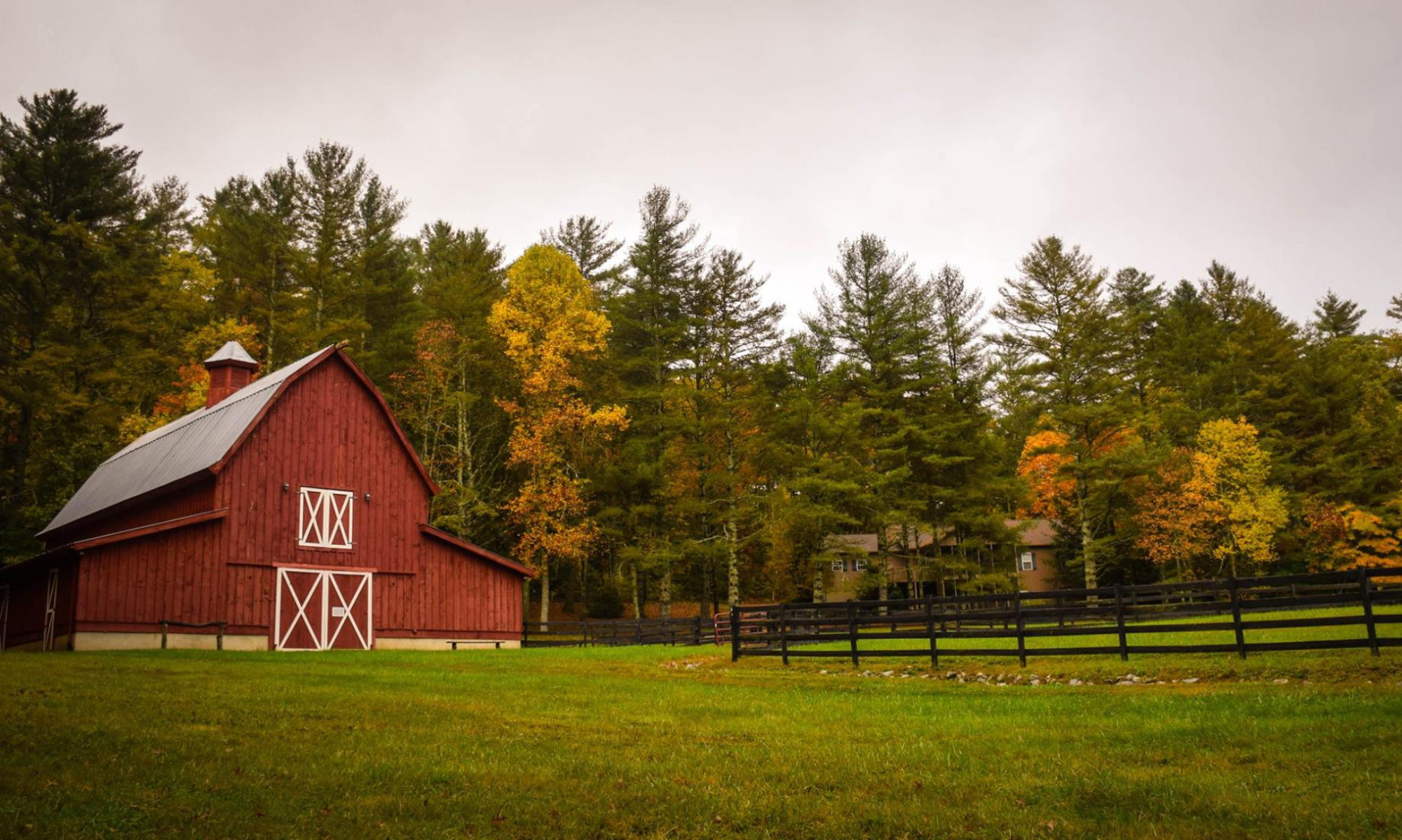The Associated Press reported this week that twice as many Iowa high schools are looking for teachers for their agricultural education programs this year than there are potential candidates graduating with the appropriate degree from Iowa State University. The same is generally true in other states as well.
Some educators warn that a shortage of agriculture instructors could stifle student development in 1 of Iowa’s largest industries. […]
A national study on agriculture educators indicated 40 high school ag departments across the country shut down last year due to the lack of a qualified teacher.
Low pay compared to the business world and the urbanization of America are blamed for the shortage.
The solutions suggested in the story, while not bad ideas, are pretty run-of-the-mill:
Miller hopes several steps recently taken by the state will attract young people into the profession.
Those efforts include boosting teacher salaries, providing sign-on bonuses and using student-loan forgiveness programs.
I graduated from a small school district in Iowa with a declining number of students and a dwindling number of students enrolled in the agricultural education program. Not only will my high school face the challenge of finding a new teacher for the position someday, but it will also face the challenge of continuing to justify a full time position for a limited number of students interested in agriculture. I suspect the same is true at many small, rural districts across the country.
Furthermore, the districts that will face the most challenges attracting, retaining, and justifying full time agricultural education teachers are the districts where maintaining such programs is both most critical and holds the most promise for attracting students serious about a future in farming.
So, I have a proposal for Iowa State University. Establish a program that will allow local farmers to go back to school part-time to become agricultural education teachers in their local districts. Utilize the current extension service to reach out to potential candidates, and to deliver initial instruction. Follow that up with a combination of distance-based learning and short periods of intensive instruction on campus during farmers’ off-seasons.
Who could be better suited to train and mentor the next generation of farmers than one or two local farmers who work as part-time agricultural education instructors at their local school? Even just off the top of my head, I can think of several farmers I know who would make excellent teachers, and I bet some of them would jump at the opportunity to do so.
While loan forgiveness, higher pay, and sign-on bonuses are all ways to attract the needed professionals to rural communities, we must also think outside of the box and turn to our local resources when seeking to solve the challenges facing rural communities today.
